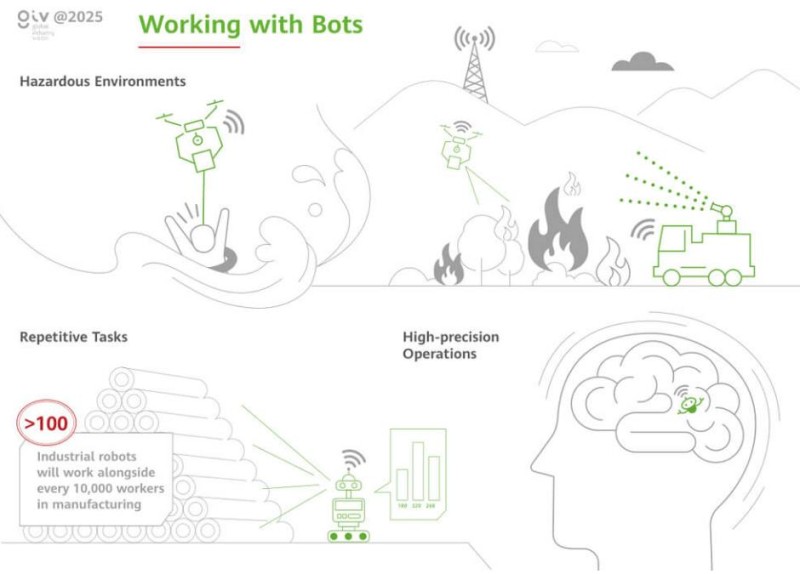Machine learning and AI has been here for decades. At the same time as hardware and software optimization have allowed us to deploy AI at scale, many people have started to perceive AI a ubiquitous threat human workers.

AI & Jobs
In fact, in his recent post Andrew Williamson asked Will Robots Take Our Jobs? in the context of research that we’d conducted. And we ran a Twitter poll on the subject:
While AI and other digital technologies will create jobs, many work procedures are destined to become fully automated. But what if AI can help us become better? In this article, I want to discuss the role of AI-backed training in the future workspace.
Teams dealing with digital transformation know that the most complicated part is people. Going digital includes re-calibrating and re-negotiating the role of staff, as well as training staff in new tech. Who knows how many projects failed as a result of people refusing to accept or effectively use a new technology? I can cite one example where a farm manager was using a new ERP, and ordered so much lumber by mistake that it took up all the storage space, a mistake that – after the initial laughter of colleagues – couldn’t be rectified and caused huge inefficiencies.

And what percentage of new software capabilities do people actually use? Think of Excel – how much of its considerable power do you use?
The solution? I believe that people can learn a lot through gamification. With AI, it’s now easy to collect data on task performance from a group, compare it to a benchmark, and run simulations until we see improvements.
Learning new bookkeeping software, getting to know a new storage system, or using a new marketing platform – all can be converted into a fun and rewarding experience. A new training system not only shows how one compares to a proficient user, but can give suggestions for improvements. That’s all without an instructor, but in certain contexts, this could be a real blessing.
Are we talking here about the elimination of vocational education altogether? It certainly could impact it – but for the good. Certification programs are increasingly frowned upon, as they are often exam-focused rather than skills-focused.
Read more: DigiTruck & Women In Technology Huawei Ramp Up Digital Skills in Kenya
It’s also hard to believe that one can go from zero to proficient user in a couple of days. AI can be a continual support mechanism, a robot, or a smart assistant that shows you what to do – a mathematically robust model that can be trusted more than a subjective human evaluation that might be influenced by mood, bias, or even the weather. Think back to a time that you believe you were short-changed by a subjective exam result – whether in school or a failed driving test.
The assistance of AI in training could go beyond the simple multiple choice option – it should be about a system that monitors human actions and sees inefficiencies, like a non-intrusive autopilot that’s there to make micro corrections.
Just imagine, you open your mail client at work. Check your e-mails, reply, make appointments, manage tasks as you normally do. The system will first look at the way you work, while using available mechanisms to ensure the data remains private. The system could analyze your productivity and time management, giving you suggestions on prioritizing emails in a way that could benefit your work.
Another example might be that your company buys a new product, for example, a new server. An AI system could record patterns of use and notify you of important features that could be used, but are not, and then instruct you how to use them.

Letting AI be top of the decision tree may be a bad idea, but using it as a benchmark to improve productivity makes good sense. It may help to improve your skills and productivity in a way that’s fun and, on an enterprise level, accelerate the adoption of new technology without alienating staff.
Article Source: HuaWei
Article Source: HuaWei
Disclaimer: Any views and/or opinions expressed in this post by individual authors or contributors are their personal views and/or opinions and do not necessarily reflect the views and/or opinions of Huawei Technologies.




